

Hell Quest: Tears of God is the ultimate battle between good and evil. However, combat takes place in an unorthodox way, as battles are won and lost via the literal rolls of the dice. In order to rack up points and roll your way to victory, having luck on your side is an advantage, although knowing how to play your metaphorical cards right as well as finding the proper time to trigger your skills is also very essential. Despite it being a dice game, there is a lot of strategy involved, and the action is very fast paced. The game relies heavily on the risk and reward system where players will have to pick their shots in order to assure victory.
Gameplay
Hell Quest: Tears of God is a game where players will have to roll dice and eliminate them from the board in order to amass points. This will go on for several turns until either the player or his opponent runs out of health. Along the way, skills can also be used to their advantage. Being able to weigh the risks and benefits is essential to get a high enough score to beat your opponent, and knowing when to perform actions such as triggering skills is very important so that you will be able to take advantage of them to the fullest.
Combat
Combat within the game is very simple, although a good working knowledge of this essential to have a higher chance of winning. Each battle involves rounds where players will roll eight dice. These dice will either have blue or white colored faces up. Eliminating dice from your current roll will add scores to each player for that round, and the difference in scores will be deducted from the opponent with the lower score. Of course, the player whose health has been completely depleted first will lose the battle.
As a rule, any blue colored dice can be removed from the table either individually or as a group. Each blue dice removed will add ten points to your score. Removing white colored dice is trickier, though, but is much more rewarding. White colored dice with similar faces can be removed if there are three or more of them facing up in one roll, with three matches scoring fifty points, with increments of fifty points for each additional match. For the next roll, players will have to roll dice less the number of dice eliminated plus any reserve dice that they may have left.
Once they have ended the turn, all scores for that round will be locked and the final score between competitors will be tallied against each other. As mentioned, the player with the lower score will have his health deducted with the difference between the two scores until one or other’s health runs out completely.
There are some other elements and strategies involved, most of which will be discussed in the sections below.
Health Points
Health Points, or HP, are the amount of damage that the player can handle before dying. Health points regenerate over time and skills as well as in game currency can be used to heal the player. Watching your health is very important especially if you are planning to go into battle. If your health bar is completely depleted, the player will die, and he will have to wait twenty-four hours to be resurrected with partial health, unless if he wants to spend premium currency to resurrect instantly. This, however, is not recommended, so it is important to choose exactly when and whom to fight.
Skills
Skills are a very important part of Hell Quest: Tears of God. Each playable character has their unique set of skills which can be learned and upgraded as players’ level up. Each type of skill has a specific charge time as well as mana cost, so players must know when to trigger these skills in order to get their full effect. Skill effects include health regeneration, the removal of reserve dice from the opponent’s hands, dealing direct damage to enemies, providing limited defense, and many more.
Mana
Mana, as mentioned in the above section, is the form of currency used when triggering skills. Even if you have a lot of skills ready, then cannot be used if you do not have adequate mana. Mana regenerates over time, and you can give yourself quite an advantage as you can speed up your mana regeneration if you end your turn faster than your opponent in a round. This is good strategy especially if you want to trigger an array of skills for your next turn, although you would also need to weigh in the consequences of your actions especially when you can still work with the set of dice from your current turn.
Characters
There are several playable characters within Hell Quest: Tears of God. However, in the initial stages of the game you would only be allowed to play as The Man of Faith, with succeeding characters being unlocked later on. While the mechanics in itself as well as the storyline is more or less similar with every character that you play, each character has their own sets of skills that are aligned more to their profile and characteristics, so finding a character whose skills suit your style of play, whether aggressive, defensive, and such, is very fundamental as well.
Quests
Like most games, players can go on quests where they are required to beat a number of opponents to complete. Players can do several quests at the same time, and their progress will be displayed on the Quests section. Quests, however, will end after a specific period, regardless of how far along their progress is, and this will be refreshed with a new quest that players will have to start anew.
There are various rewards that a player can get from completing quests. These include currency, experience, skill points, as well as new dice that will be added to your collection.
Tips and Tricks
As with most dice games, Hell Quest: Tears of God relies mainly on luck, as well as weighing the advantages and disadvantages of the player’s actions against the current situation. Chances significantly drop on finding dice to remove especially when there are few ones left to roll. However, this is a wise move especially if you are far ahead or far behind in points, as being able to clear your hand will result in you being provided with a fresh hand of eight dice to roll. This will greatly increment your score for a particular round. This can also backfire, however, as if you are not able to eliminate any dice from a roll, then all your score for the current round will be forfeited.
It is also wise to make your decisions fast, especially if you would like to have a healthy amount of mana for the next round. With regards to skills, it is important to trigger percentage based skills if the factor in question, specifically either health or points of either you or the opponent, are at its highest. This way, you would be able to get the full benefit of the skill, especially when it deals with minimizing scores, dealing extra damage, or replenishing your health. Oftentimes, you can trigger skills immediately at the beginning of the round, or only when you are getting near defeat. Either way, it will base solely on your personal strategy.
Lastly, it is very important to always have currency ready, especially if you plan to keep fighting. Alternately, you must always replenish your health and wait until it is at respectable levels before you fight again. Waiting twenty-four hours can be a bit frustrating, especially if you want to take another shot at the enemy, but you wouldn’t be able to do much than wait if you do not have the resources required for instant resurrection. With this, know when to go rushing into battle, and know when to rest up a bit and let your wounds heal.
Weighing your options is very essential in this game. Actions have their risks and benefits, and players must be able to use sound judgment in order to defeat their enemies. Of course, having a bit of luck on your side is great, too, although it would not be too wise to leave everything to chance without knowing how to fend for yourself against these endless demonic hordes.
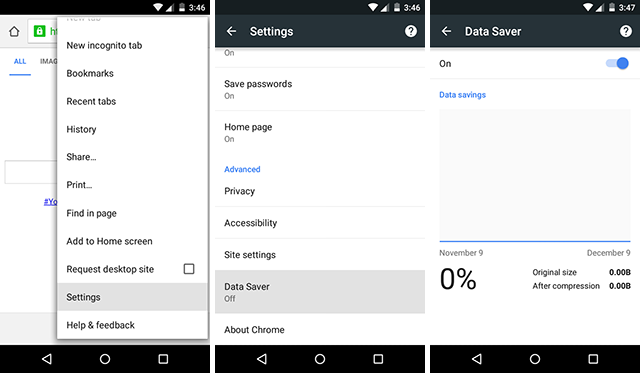
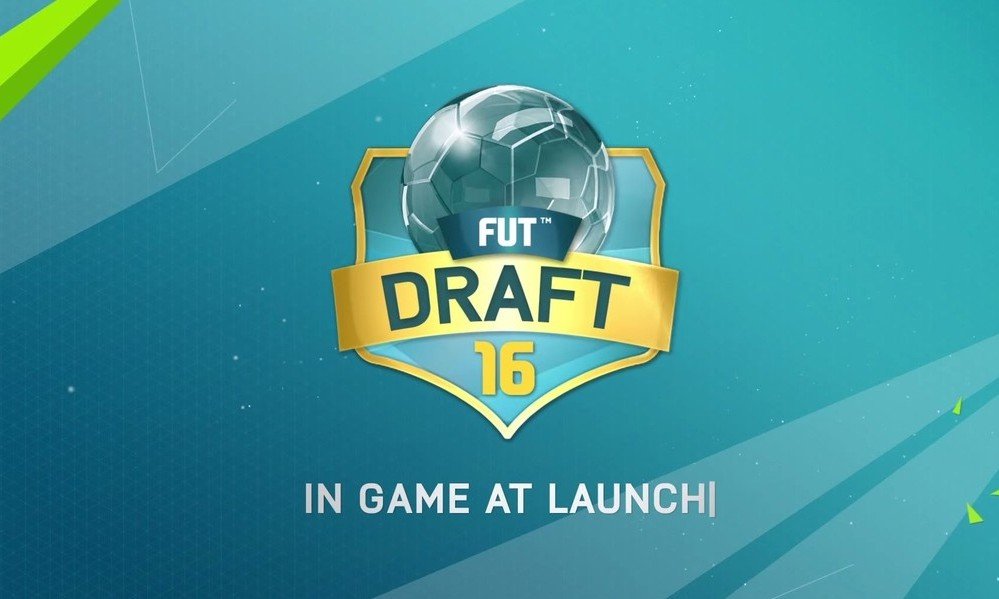
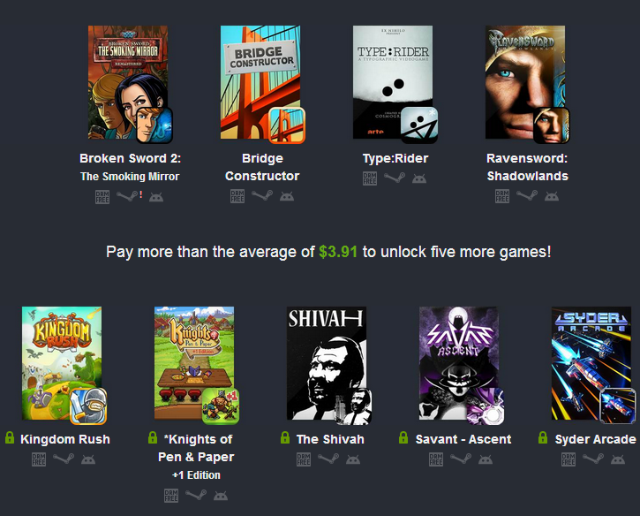

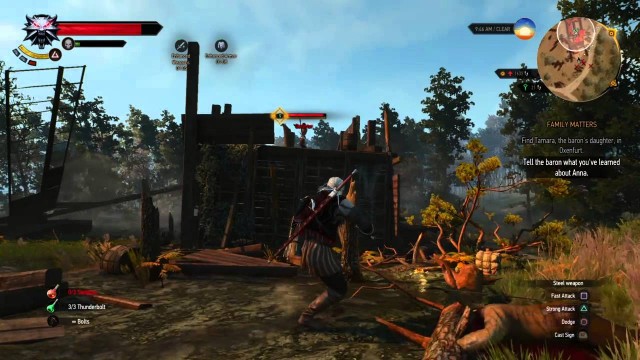 How to get Ofieri Armor in The Witcher 3 DLC Hearts of Stone
How to get Ofieri Armor in The Witcher 3 DLC Hearts of Stone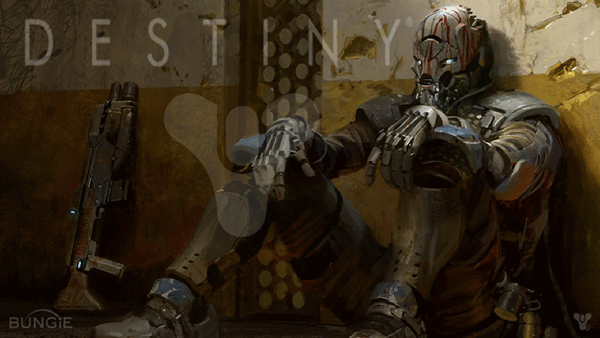 Destiny: Facts you should know to about Bounties and Tracker
Destiny: Facts you should know to about Bounties and Tracker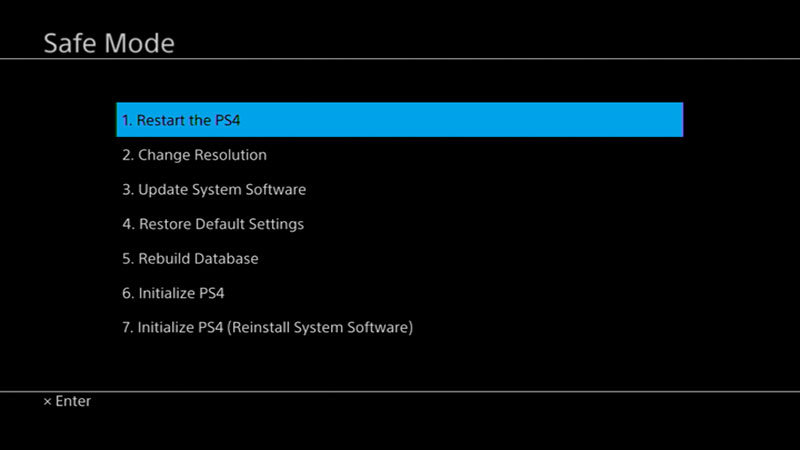 How to update system software on PlayStation 4
How to update system software on PlayStation 4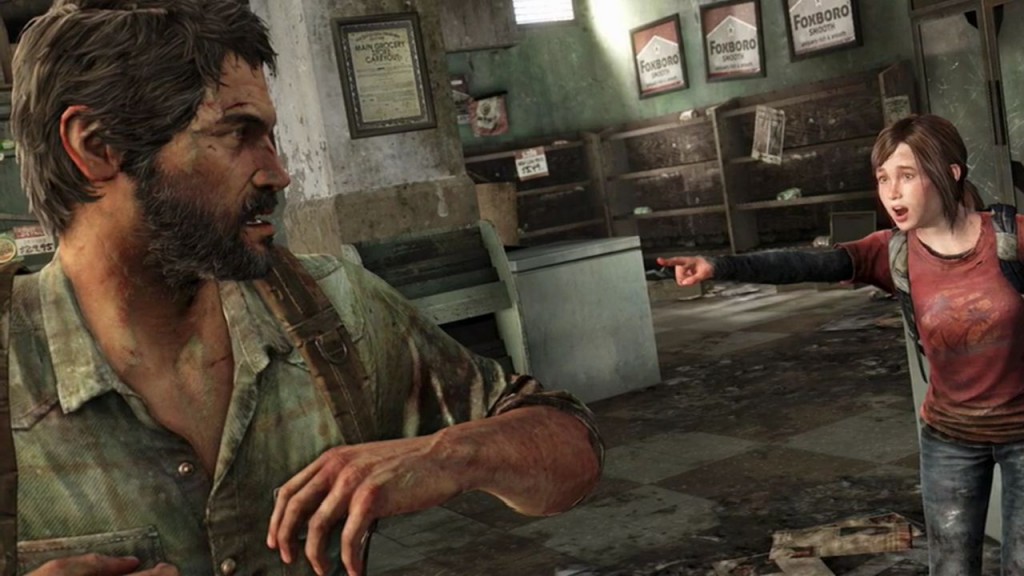 Seven Tear-Jerking Games That Have Made Me Cry
Seven Tear-Jerking Games That Have Made Me Cry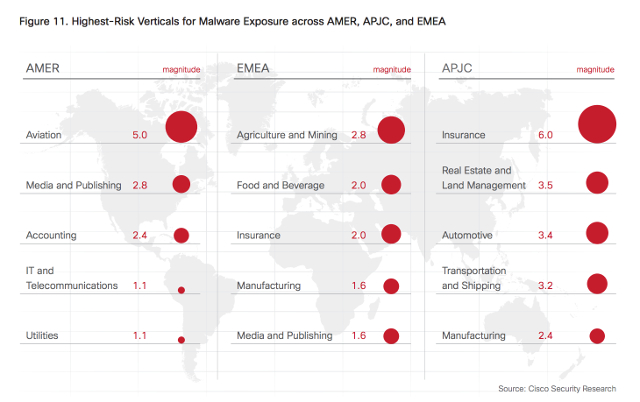 Which Websites Are Most Likely to Infect You with Malware?
Which Websites Are Most Likely to Infect You with Malware?